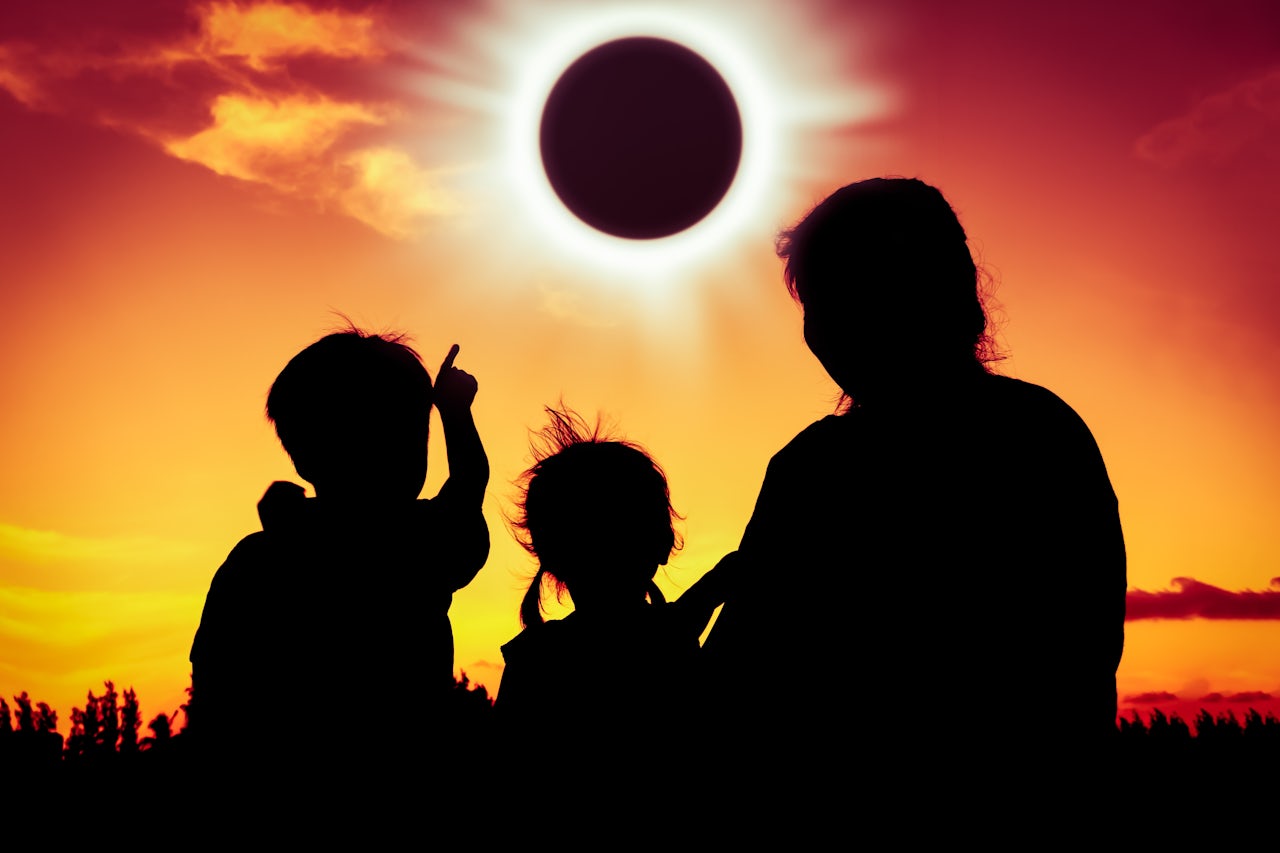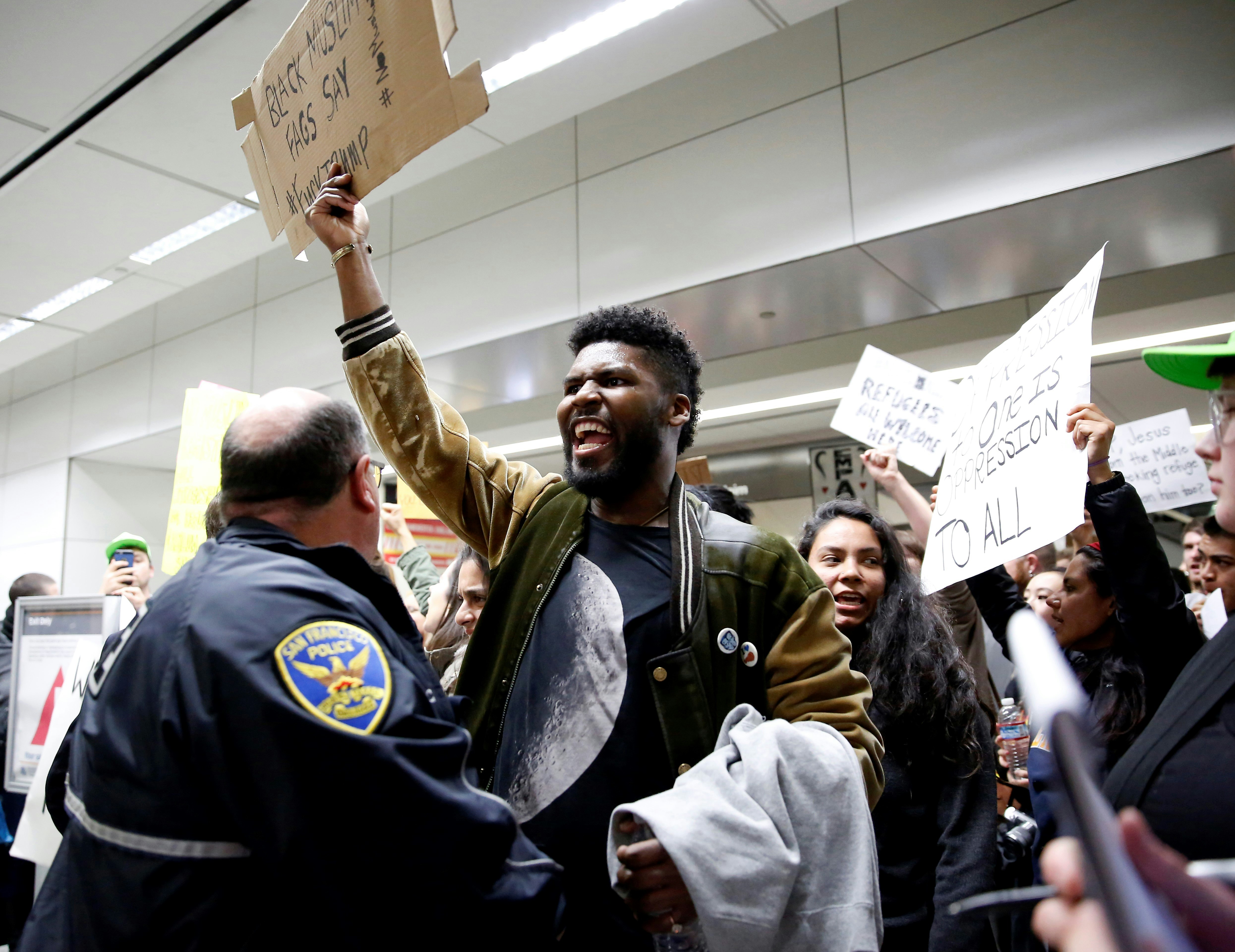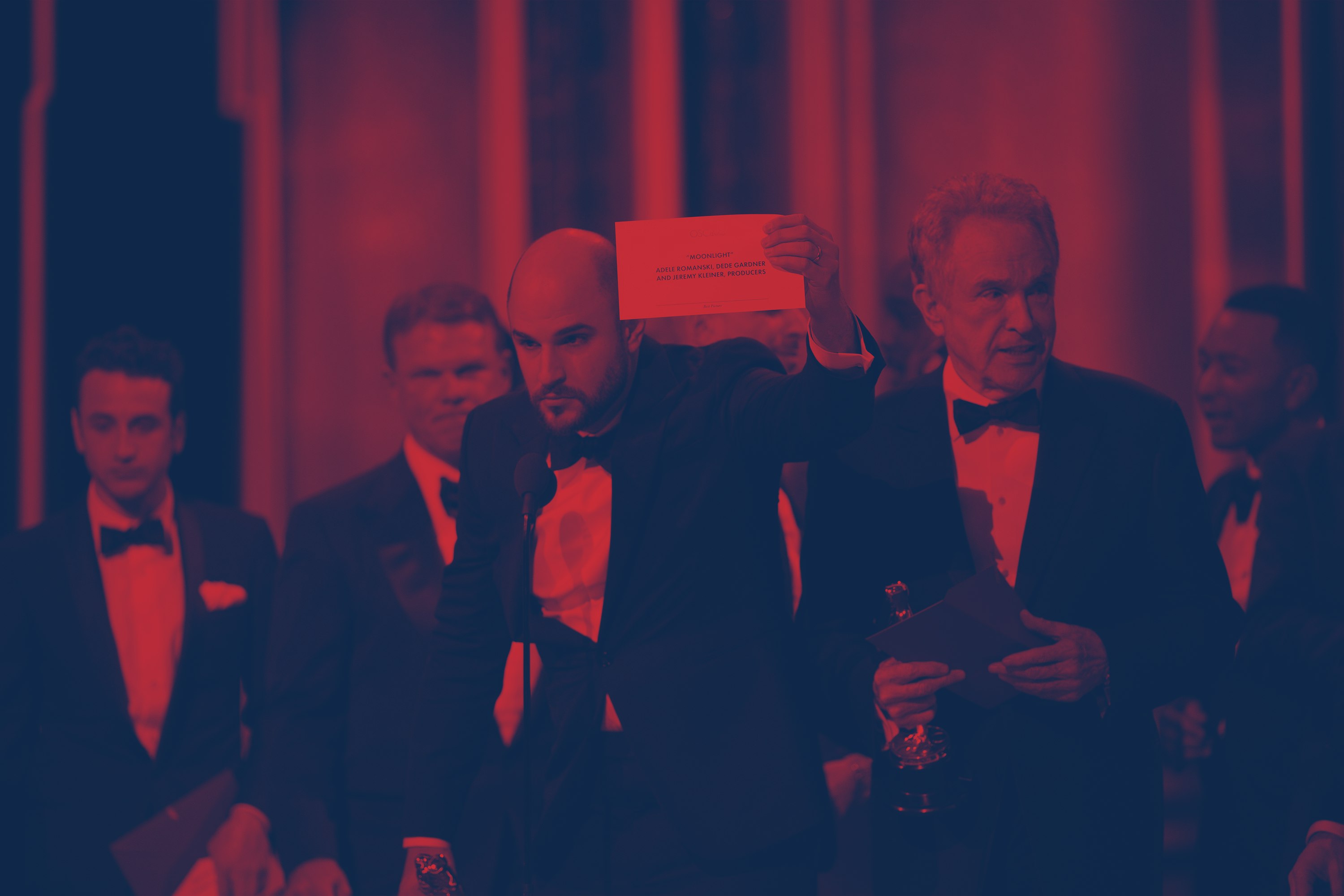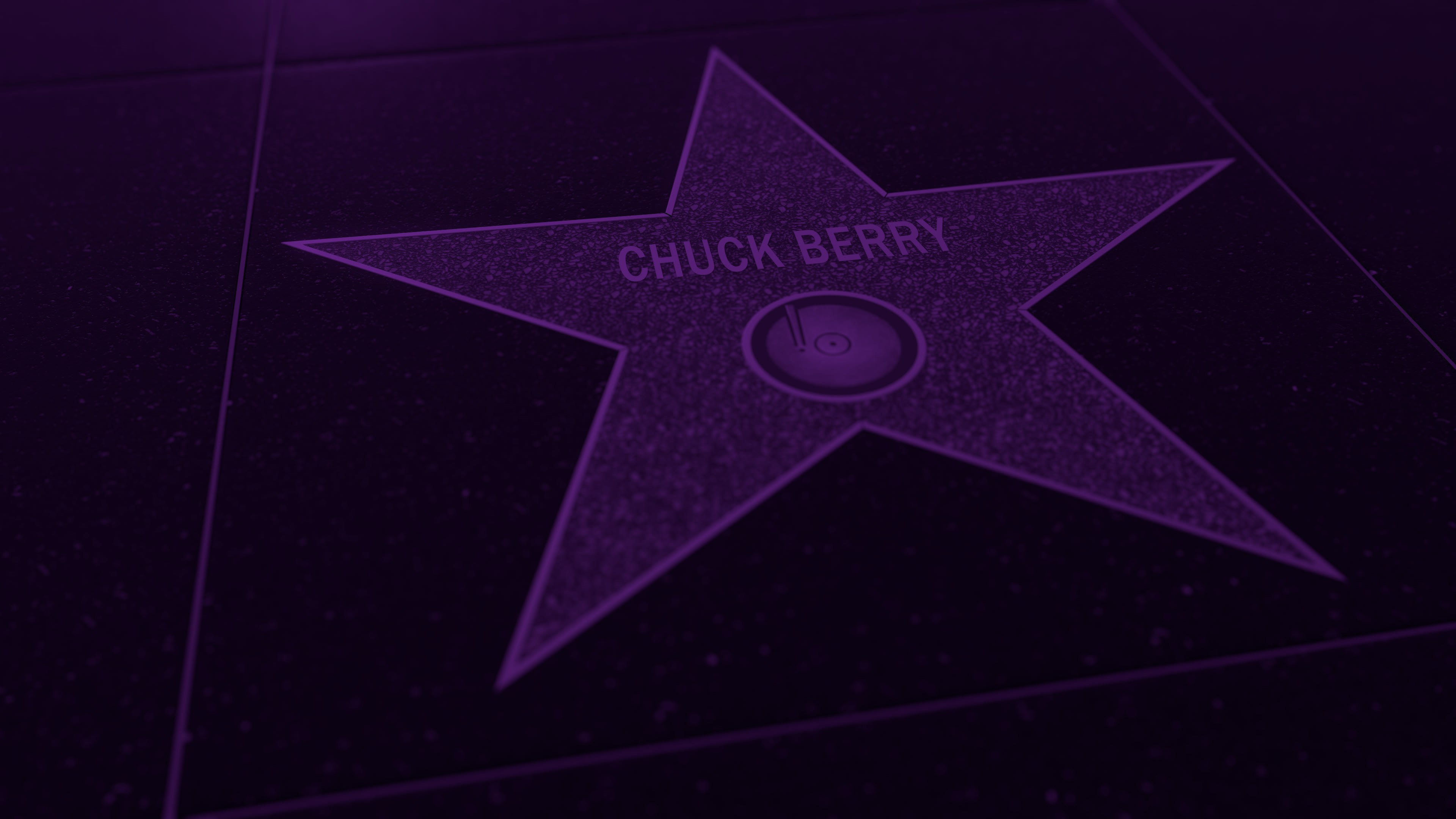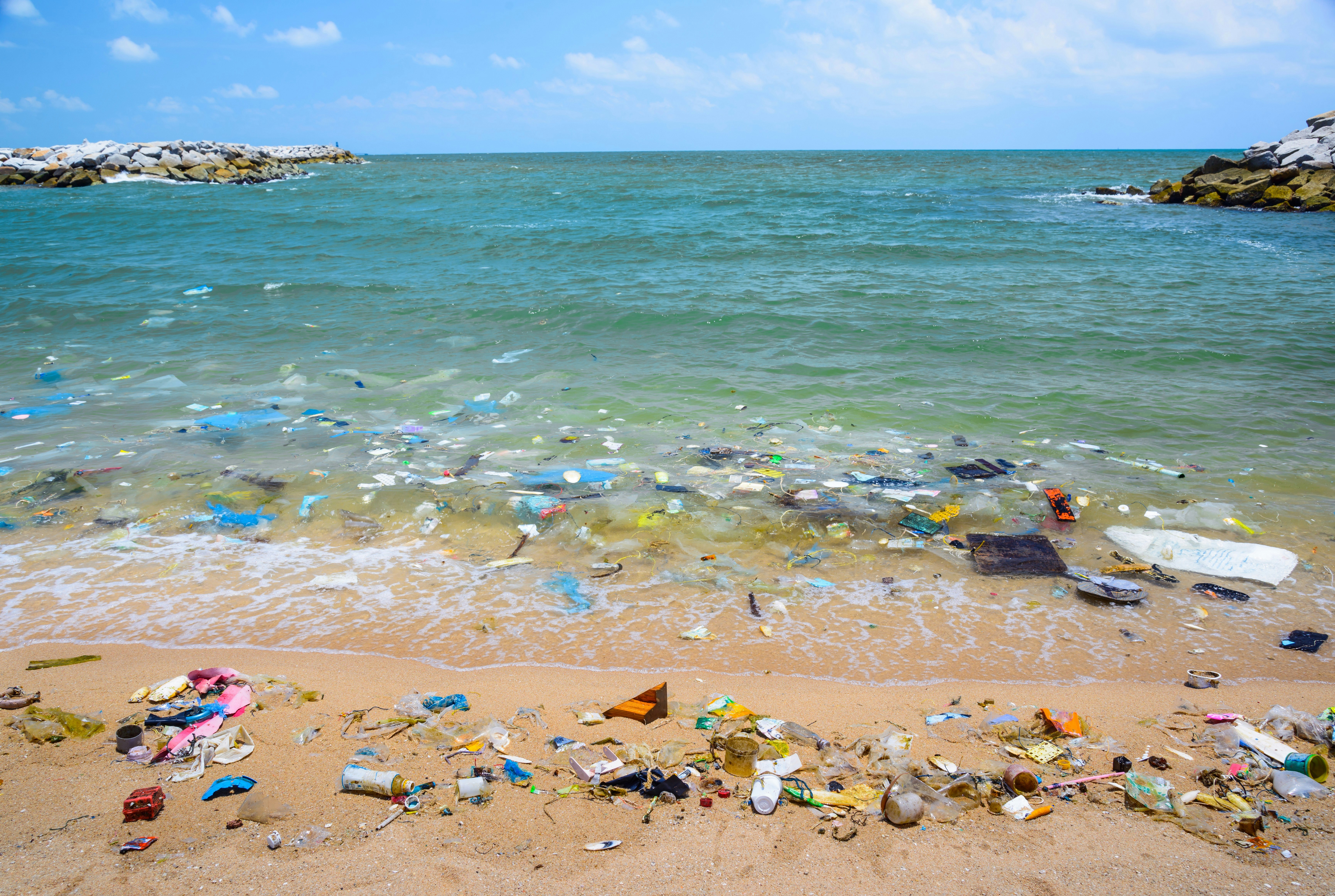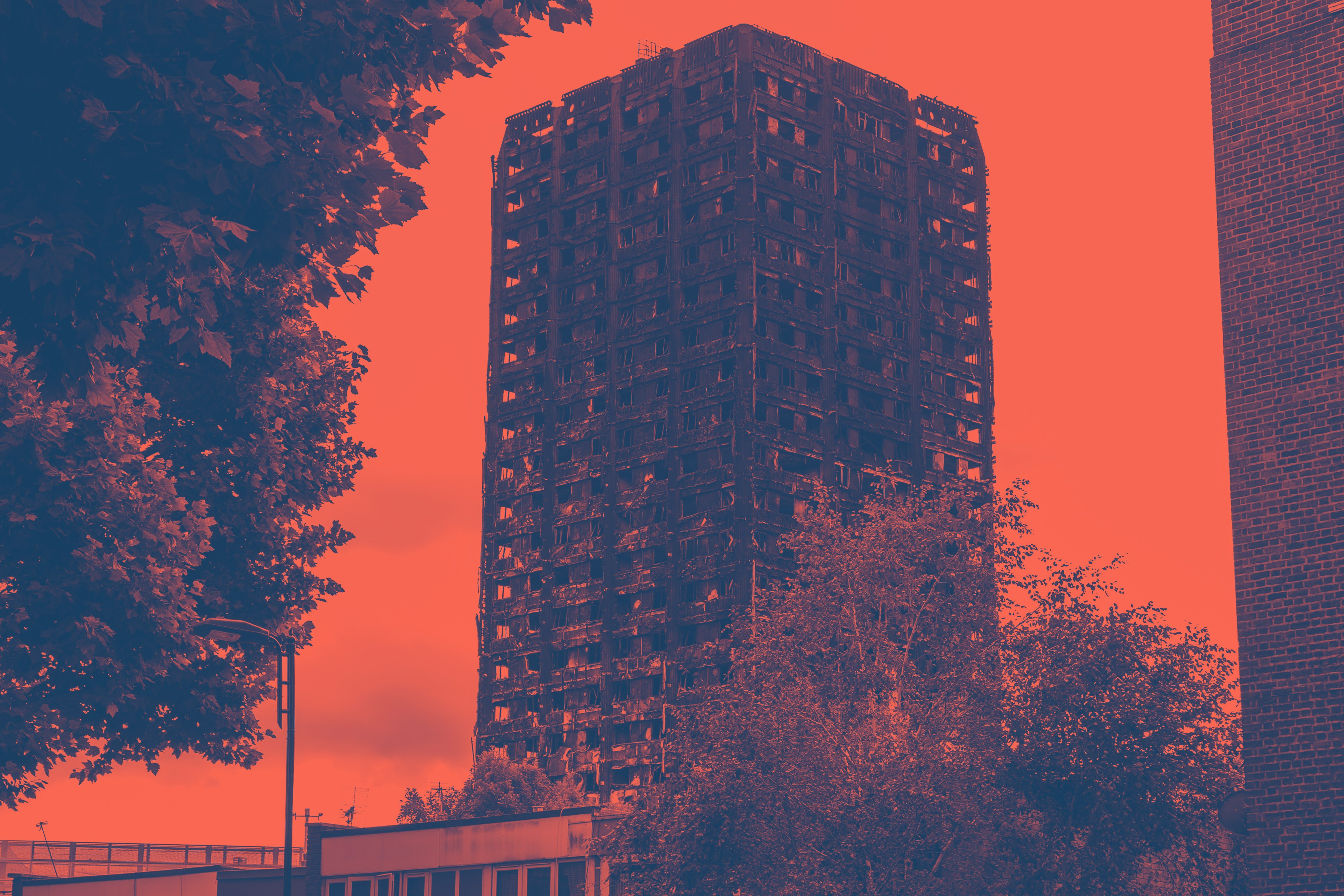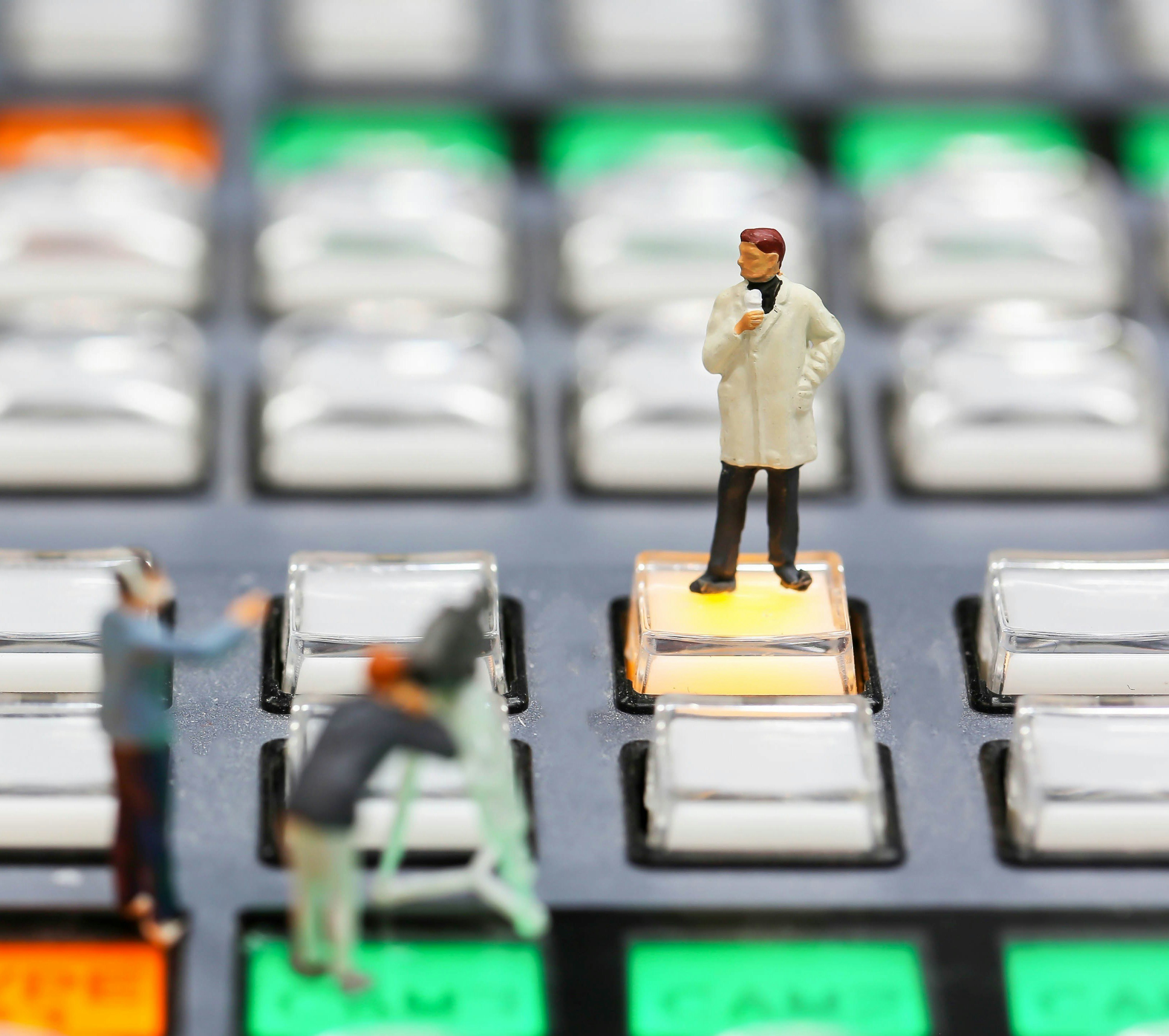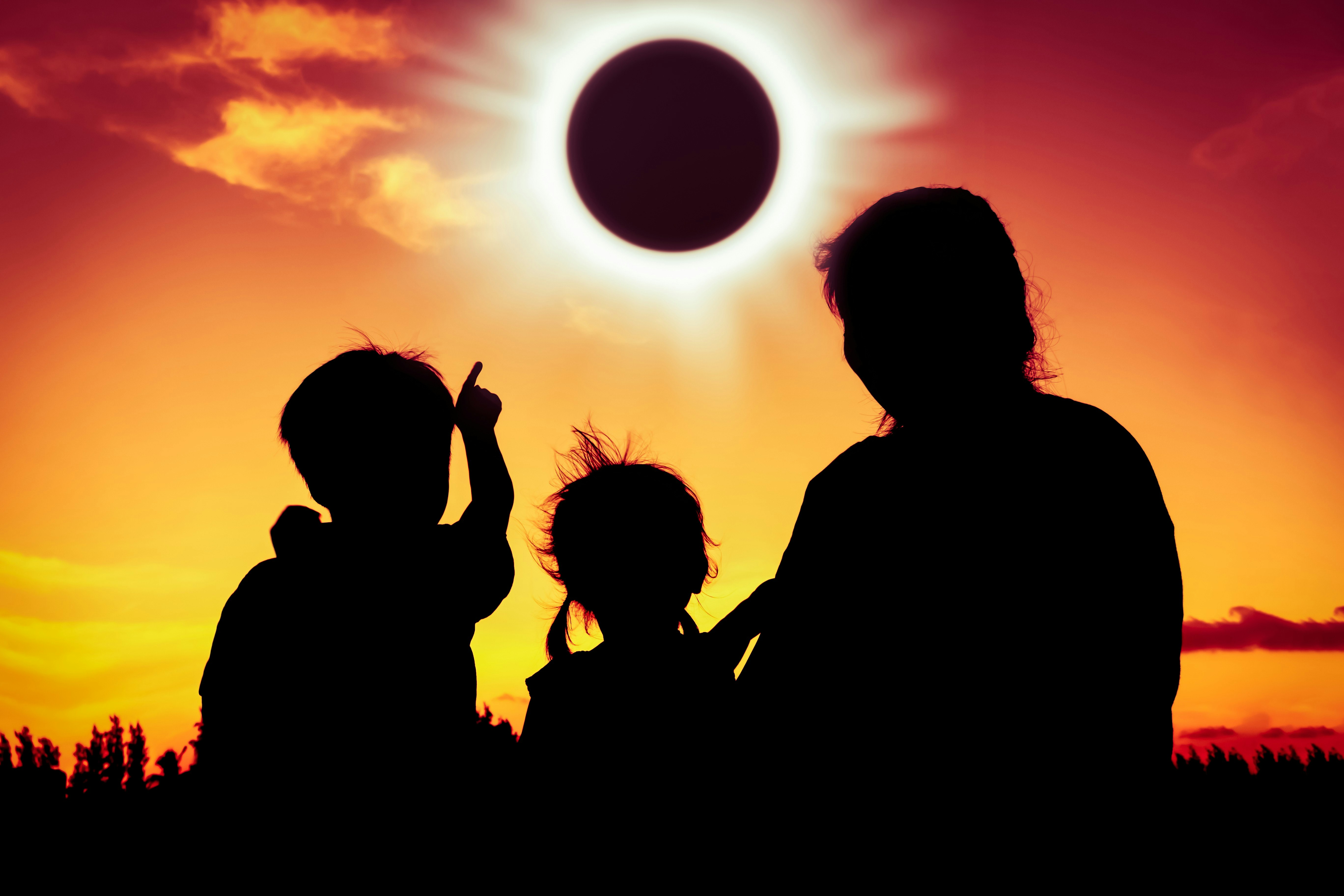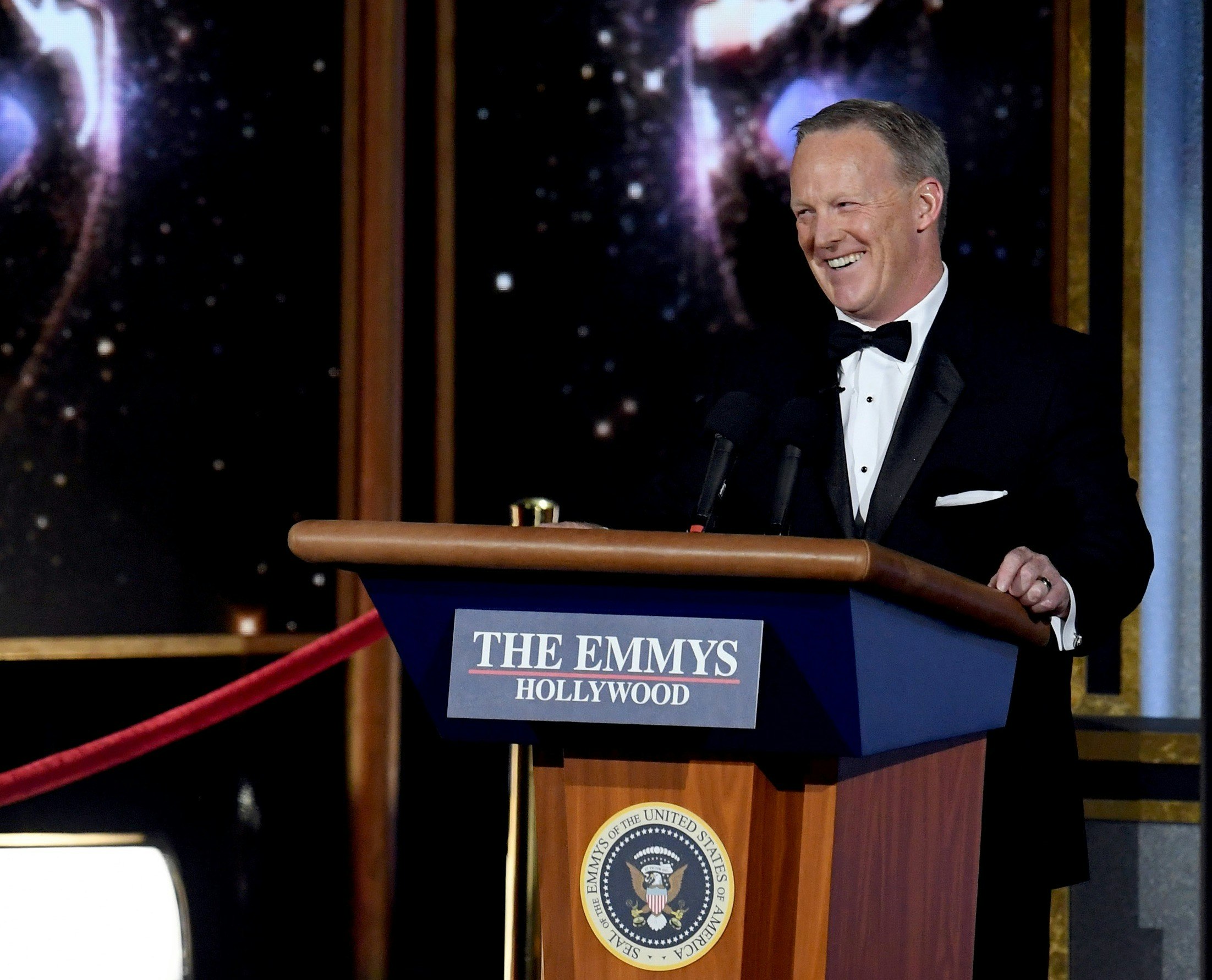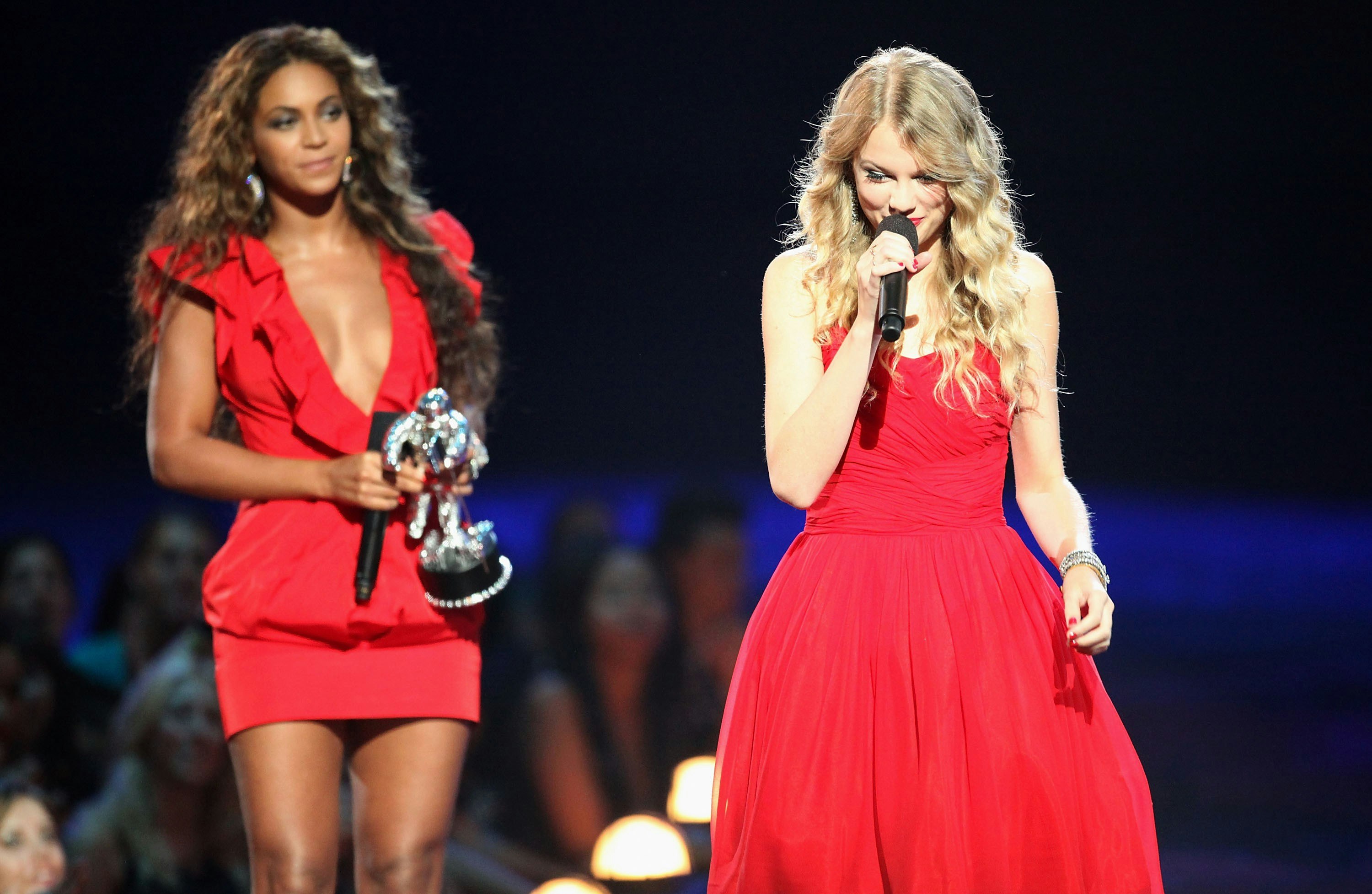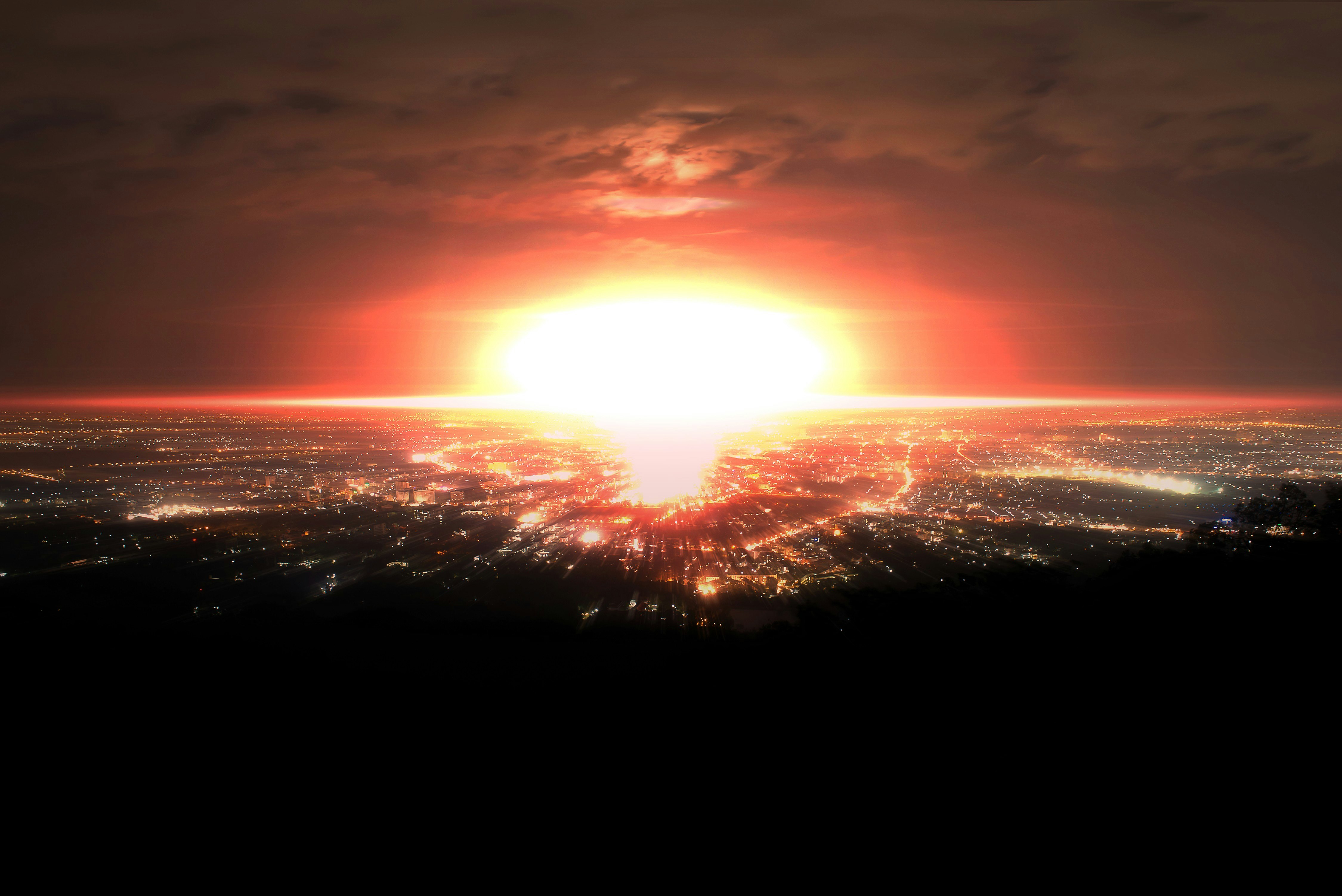IT HAPPENED
is a series reflecting on our memories of 2017, one month at a time, as we head into the new year.
My mom and I were two Asian women in a sensible two-wheel drive with California plates, venturing deep into Trump territory to see the Great American Eclipse. Hands white-knuckled on the wheel, I was doing the thing I always do, burdening others with my anxiety — “Are we going to die? I’ll be so pissed if we die” — while my mom ignored me and snapped photos of the small-town scenery outside. Unnerved by the absence of traffic on the I-15 N, I wondered if everyone in Los Angeles had decided to stay home. All month on my social media feed, I saw posts tracking the path of totality through the reddest counties, while friends half-joked about mobs of gun-toting Republicans deploying their weapons in eclipse-induced hysteria. “Frankly, I wouldn’t want to go to those states anyway,” said a novelist friend from New York. The Unite the Right rally in Charlottesville was still fresh in our memory — one dead and dozens injured — and it had only been the latest manifestation of unfettered racial hostility since Trump’s election.
It seemed absurd to be afraid to go somewhere just because the people there happened to vote differently. I’d gone on road trips before and camped uneventfully alongside Confederate flag flying neighbors, but then again, all this was before November 2016. Now, I remembered the times I’d pulled into campgrounds where the stare downs felt like a promise of violence, sleepless nights spent googling murders and hate crimes in the area. One such night in Lake George, an intoxicated man in a red bandanna came right up to my site and stood there in silent provocation, almost daring me to pack up and leave. After that experience, I vowed never to return to upstate New York. You know when you’re welcome and when you’re not.
Since I literally couldn’t decide whether to see the eclipse until the very last minute, by the time I got around to making arrangements, all the hotels were inflated to hundreds of dollars per night. I was about to give up when I found a suspiciously priced arrangement on Airbnb — a guy offering a plot of his backyard for $80 a night. His property was along the path of totality near Idaho Falls. This was too good to be true; there had to be a catch. The site looked secluded and conveniently out of cell tower range: perfect for a murder plot, I thought. At that moment, murder seemed a more plausible explanation than altruism.
“Does this look like a scam?” I said, showing the listing to my mom. She glanced carelessly at the screen. Unlike my dad, whose romance with the American heartland ended in some Illinois town after he was stalked by a taunting gang of white boys whispering “Jap, Jap, Jap,” my mom had never experienced anything beyond the occasional micro-aggression. We lived in a densely Asian suburb east of Los Angeles, with unbelievably sweet neighbors.
“No, really. Is this okay?” I prodded her.
She shrugged. “Why you have such negative thinking problem?”
“You should know, Idaho has voted Republican since 1967, since Nixon,” I read out loud to her, as a kind of disclaimer. “According to the 2010 Census, Idaho Falls is 89.3 percent white. We have to be prepared.”
She sighed loudly, waving me away.
In 585 BC, a solar eclipse apparently ended a years-long war between Medes and Lydia. When the eclipse happened, the event so terrified the two warring sides that they immediately put down their arms and agreed to a truce. Perhaps the Great American Eclipse would have a similar effect?
From our home in Los Angeles, we drove east to Las Vegas, then north on to Salt Lake City. At the first hotel where we tried to stop, the rooms were sold out to bus loads of Chinese tourists. We had to drive another half hour further north, where we pulled off at a random roadside motel. No Chinese tourists here. The next morning, we ate our breakfast accompanied by Fox News on the dining room TV. There was an item about the terror attack in Barcelona. Trump was scheduled to give a speech about the war in Afghanistan. I scanned my breakfast companions for signs of allegiance, but nobody winced or grunted with assent or made any kind of audible commentary. People gazed into their bowls of oatmeal with sleepy sheep eyes, shuffling around the breakfast bar in fuzzy slippers.
After breakfast, we drove on into Idaho, through Oneida County, where 74 percent voted for Trump, then on through Bannock County, at 51.4 percent. As we drove, I couldn’t help but see that giant New York Times dial hovering over the landscape, gauging percentages of possibility. We have a 74 percent chance of being set upon by Cletus and his neighbors. Now, it’s 51.4 percent. We stopped in Pocatello for a dirty chai latte; it turned out to be just a typical college town café. We wandered downtown into an antique store and bought welders goggles. The shopkeepers were nice, if indifferent. A partial eclipse is nothing compared to a total eclipse, they were saying, but the traffic’s gonna be something. The conversation was heart stoppingly dull.
We continued driving north through Bingham County, 65.6 percent; then on to Bonneville County, 60.4 percent. Beyond the windshield: fields, fields, bales of hay, more hay, horses, more horses, and lots of sky. The occasional Jesus-related billboard. No traffic. Then we lost reception. On a narrow dirt road intersection, a sign read “Airbnb this way!”
“Okay, we better not die!” I joked. “This is it.”
As we pulled into the driveway, we saw a group of men gathered in front of the barn. They were turned towards one another, like they were engaged in a football huddle. Then, the huddle broke, and one man stepped out, a long range rifle propped against his shoulder. The barrel was pointed right at us.
“Oh my god,” we stammered. There was no time to react. We had driven right into the trap. My life of folly flashed before me. What was paranoia even for if it wasn’t going to save my life?
A split second later, the man lowered his gun, and we saw, rather than a mob of angry, torch-lit faces, lots of goofy smiles. We had interrupted some kind of gadget inspection, we realized — a bunch of guys showing off the latest model. One man came toward us and introduced himself, but was quickly intercepted by his impossibly ebullient daughter. She handed us a manila envelope with check-in information and maps to restaurants in town.
As we drove, I couldn’t help but see that giant New York Times dial hovering over the landscape, gauging percentages of possibility.
That night, most of us ate dinner together under a communal tent. The hosts had grilled burgers. Among the guests were a Hispanic dad traveling with his infant son; two other mother daughter pairs with grandchild in tow; a woman from Alaska with her mixed-race husband; their lithe gymnast kids; a British man dressed as though on safari (perhaps to him, Idaho was a safari); two older white ladies from Arizona; a Polish psychics grad student road tripping through the national parks; a young Asian-American couple affiliated somehow with Google.
It seemed our hosts were aware of their attendant stereotypes, and felt representative pressure to complicate the portrait. “Some people would call what’s happening in town capitalizing on the situation,” they said. “But we wanted everyone — and we mean everyone — to have an opportunity to experience this.” We nodded, mouths full of the Rice Krispie treats they’d made for us, beguiled by their generosity and kindness. I felt myself stretching. Forced to share a space, the borders of our various tribes glommed and assumed new shapes. We talked about weather, about cloud cover, about traffic, about jobs. Politics never came up once.
The eclipse happened the way the Google couple’s rigged up countdown program said it would. The announcements were broadcast on a loud sound system, which made us feel as though we were part of some official NASA mission. The system’s featured robot personality got everyone on the same page. “Fifteen minutes to totality,” the robot said. “Notice the cooling air.”
Everyone grabbed sweaters and pulled on knit hats. Soon the wind picked up. The light got silvery. Crickets began chirping, while the birds went silent. The horses walked quietly into their stables, followed by the chickens and the ducks and the pigs. “Five minutes to totality.” We were all tuned to the sky now.
“Five! Four! Three! Two! One! Totality! Totality!” The robot voice commanded us to take off our eclipse viewing glasses. Up above, the blazing corona looked like something out of a fairy tale.
For several elated moments, the universe let us in on all of its secrets. The vision held us captive. We were riveted in place, overwhelmed by meaning. People whooped, screamed, wept. There it was: the contours of the sun. The sun! We could finally see the outline of something that was felt everywhere but locatable nowhere. The sun was not just pure energy. It was a shape, tangible and obvious. The infinite had been brought down to the level of our comprehension. We could see the whole thing.
“Put on your glasses! Put on your glasses! Look away from the sun!” The robot voice shouted urgently as the diamond of the corona grew brighter. The moon was passing over to the other side. We fumbled for our glasses and put the ridiculous apparatuses back on our faces. We needed shade once more — the direct light was blinding. What now? Stunned, we looked around, tears still wet on our faces. The spell had broken. An almost immediate anxiety about getting out of there descended. Everyone began packing up with military speed. The spectacle over, there was no reason to linger longer in that field.
Put on your glasses! Look away from the sun!
The traffic out of Idaho Falls was bumper to bumper for miles. My mom and I pulled off the freeway to wait it out, and stayed the night at a small RV campsite. A little girl at the canteen gasped when she saw us and exclaimed in third person: “She turned around and saw some people from China!” We got the sense that her lapse into the mythical tense meant she had seen something magical. We smiled. The day of magical sightings was not yet over. Our campmates peppered their conversation with cloying sweeties, lovelies, and honeys, and made sensitive inquiries not about where we were from, but about where we were going. Maybe the eclipse had done its peacemaking magic. We were still bathing in it.
I slept well that night. The next morning we waved goodbye at the kiosk and got back on the road, refreshed. Yet I was somehow unsettled — how sad that a racist encounter would have resulted in a more legible narrative. What does it say about the current political moment that division and hatred would have made more sense, would have cut an easier neural shortcut through the collective consciousness? The guests would play the role of the ungrateful, snob city snowflakes; the hosts would play the role of the ignorant, white trash hicks. In both versions of the tale, there would be clear villains to hate.
Perhaps it was obvious that our presence would not be permanent or encroaching. We were like animals in a zoo to one another. One might say that all this good behavior was only phony civility. Perhaps. But I believe in superficial courtesy too. I believe that sometimes, even a charade has the potential to become genuine. I will pretend to trust you and you will pretend to trust me, and we will keep on pretending until it becomes true. We will be able to say “What nice people” and they will be able to say “What nice people,” whether or not we truly believe what we are saying.
